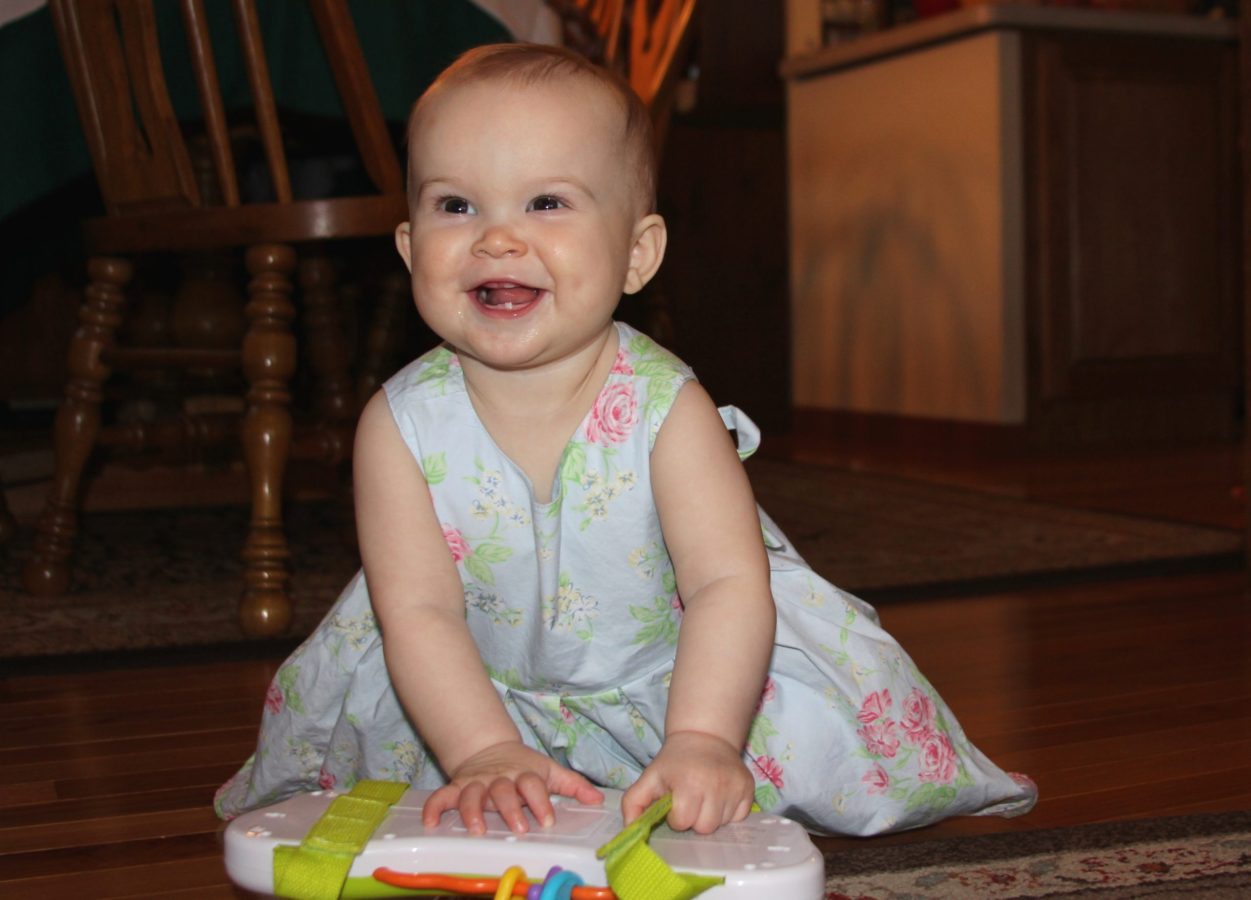When signing up for baby-related classes, expectant parents might schedule time to learn about labor and delivery, breastfeeding and basic childcare. But parents-to-be are unlikely to find a class detailing how to take care of themselves after bringing home their new addition. We’re supposed to have “self-care” figured out already, right?
However, the arrival of a baby can throw a new parent’s personal life into a tailspin. This was certainly the case for me. Before my daughter Lydia was born, I spent ample time attending to my own needs. A typical day would often include a walk during my lunch hour, a long bike ride after work, a carefully prepared dinner and an hour or so reading a book. In addition to that, I saw my friends often. I took dance classes. I worked on my writing projects. In short, I had a life.
All of this fell apart when I brought my baby girl home. I’ve never considered myself a martyr, and I figured I’d have no problem taking time away from the baby to focus on myself.
Au contraire!
Part of the problem had to do with the fact that my baby was colicky. She simply would not stop screaming unless someone carried her around for hours, bouncing her constantly. I didn’t feel comfortable subjecting my friends and family to this regimen and the constant, ear-piercing wails, and so we really didn’t have much help during those stressful early months.
Part of the problem had to do with breastfeeding. (See my previous column, “Breast is Best.”) I was committed to breastfeeding, but breastfeeding wasn’t committed to me. Lydia wasn’t gaining nearly enough weight, and to remedy this I worked with a lactation consultant. My life became defined by breastfeeding — every three hours I would nurse, supplement with a difficult-to-use tube feeding system and then pump. I did this for months. I was exhausted and depressed, and felt like a failure.
Another part of the problem was that I really don’t like asking for help. It’s not that I’m type A and think I can “do it all” — if anything, I sell myself short with my assumption that I can barely keep my head above water. I think I’m just embarrassed to ask for help, and kind of worried about “putting people out.”
All of these factors came together to create one very tired and overwhelmed parent.
“At Amma, we tell mothers that they go through developmental milestones, just as their babies do,” said Sara Pearce, founder of Amma Parenting Center. “One of the milestones they need to master is how to ask for help and how to restore themselves.”
I think I’m just embarrassed to ask for help, and kind of worried about “putting people out.”
After a few months spent attached to a breast pump when I wasn’t wildly bouncing my howling infant, it was clear that I needed some restoration. But what to do? My previous life seemed so far away. There was no way I was getting out of the house for a long, relaxing dinner in a restaurant with lots of wine.
Pearce has some suggestions. “Try to focus on small moments, not big ones,” she says. “Sit on the couch and have some chocolate while reading a magazine. Take an extra five minutes in a hot shower. Sit down to eat. Phone a friend. You can build in multiple small restorative moments into your day more easily than going for a massage or even taking an hour to exercise.”
Other veteran parents agree that personal time is essential. “[Taking time for myself] goes against every mothering instinct I have, but I always feel better afterwards,” said Jenny, a mother of two in northeast Minneapolis. “After our son was born we found we were happiest if we each had a designated night that was ours to do whatever (friends, music, art, classes, work out, sleep, shopping, etc.). I recommend this to everyone having a baby.”
With the arrival of my second baby, Felix, I was better prepared to be “selfish.” This time around, I definitely take more breaks during the day (and not just breaks to load the dishwasher or fold the laundry). I hire a friend to babysit a couple times a week so I can work or just be by myself, sans baby. I even scheduled some “decadent” appointments — like a haircut and a massage — during the first three months that I would have dismissed as unnecessary and impossible the last time around.
According to Pearce, this is a good idea. “There’s only so long a new parent can go without attending to his or her own needs,” she said. “A depleted parent isn’t giving his or her best to the children, so the whole family can suffer. It’s important to head this off before it starts.”
Shannon Keough lives in Minneapolis with her husband Nick and two children.
















